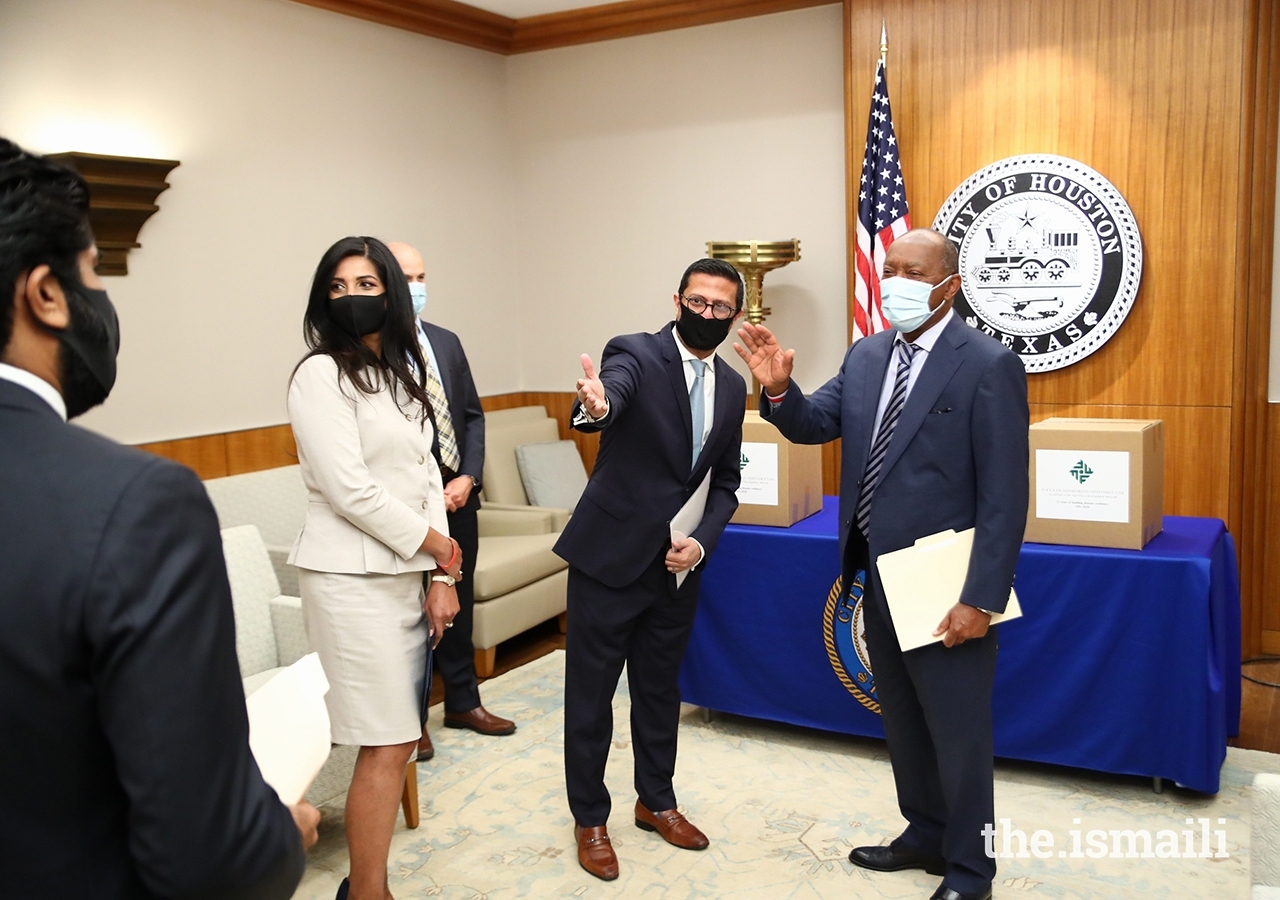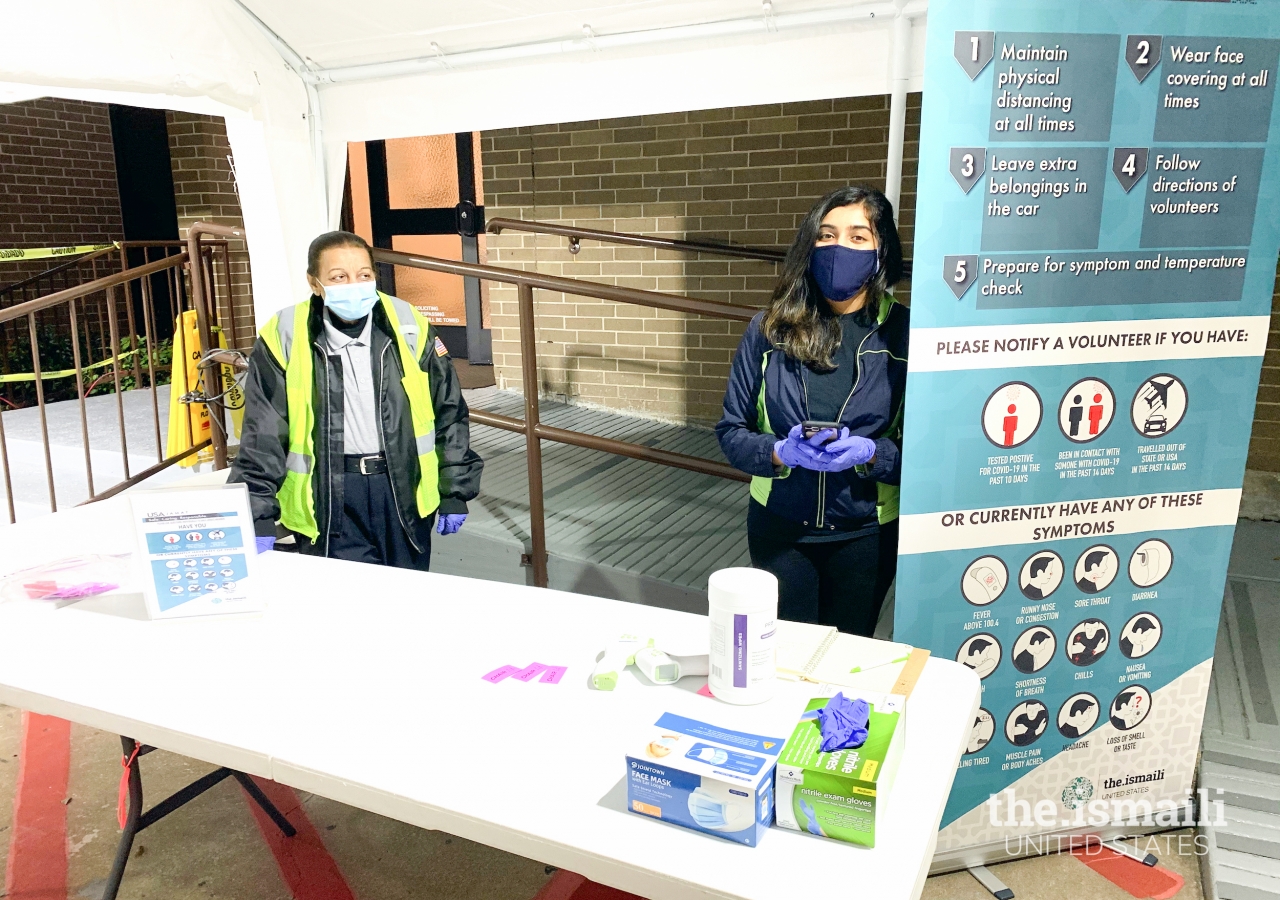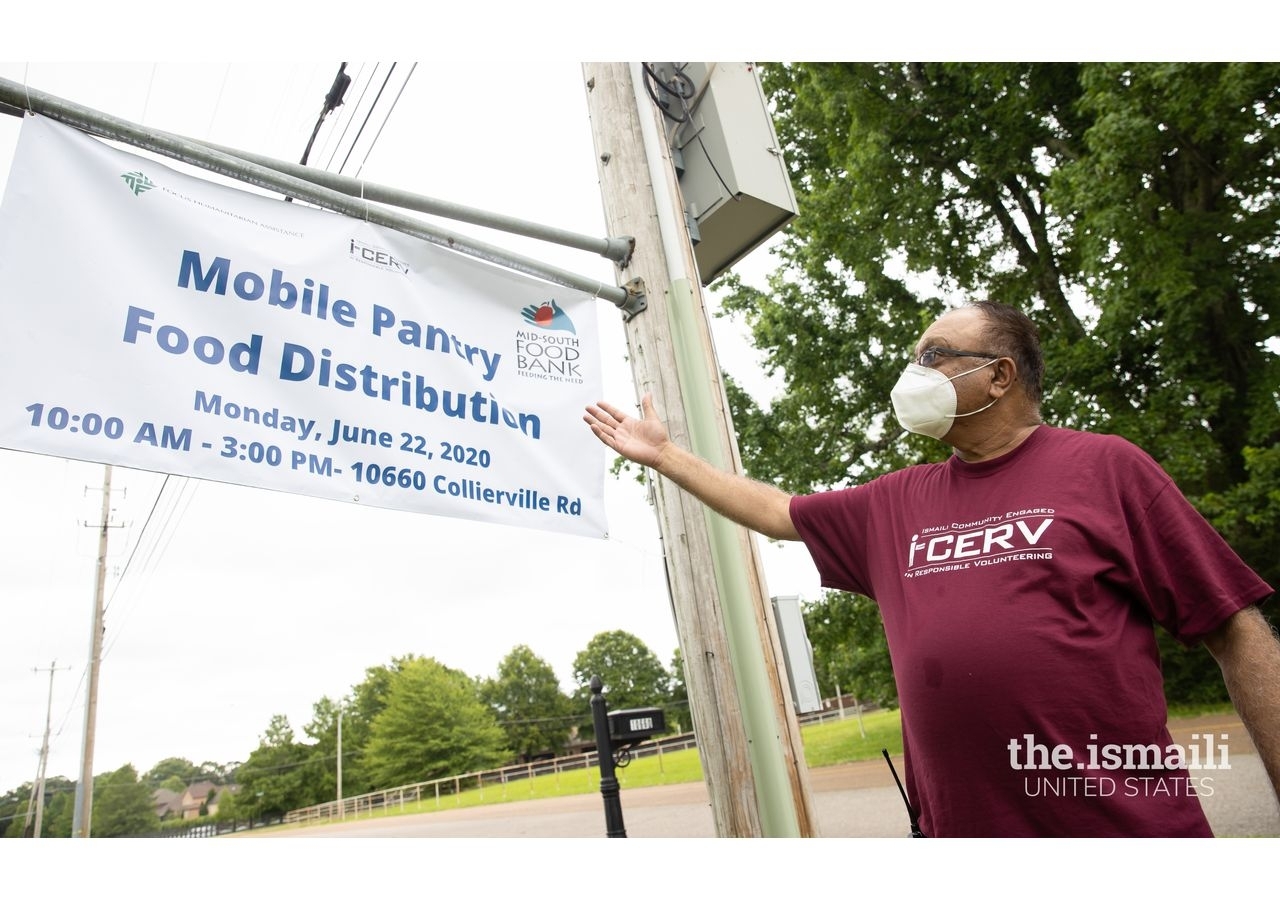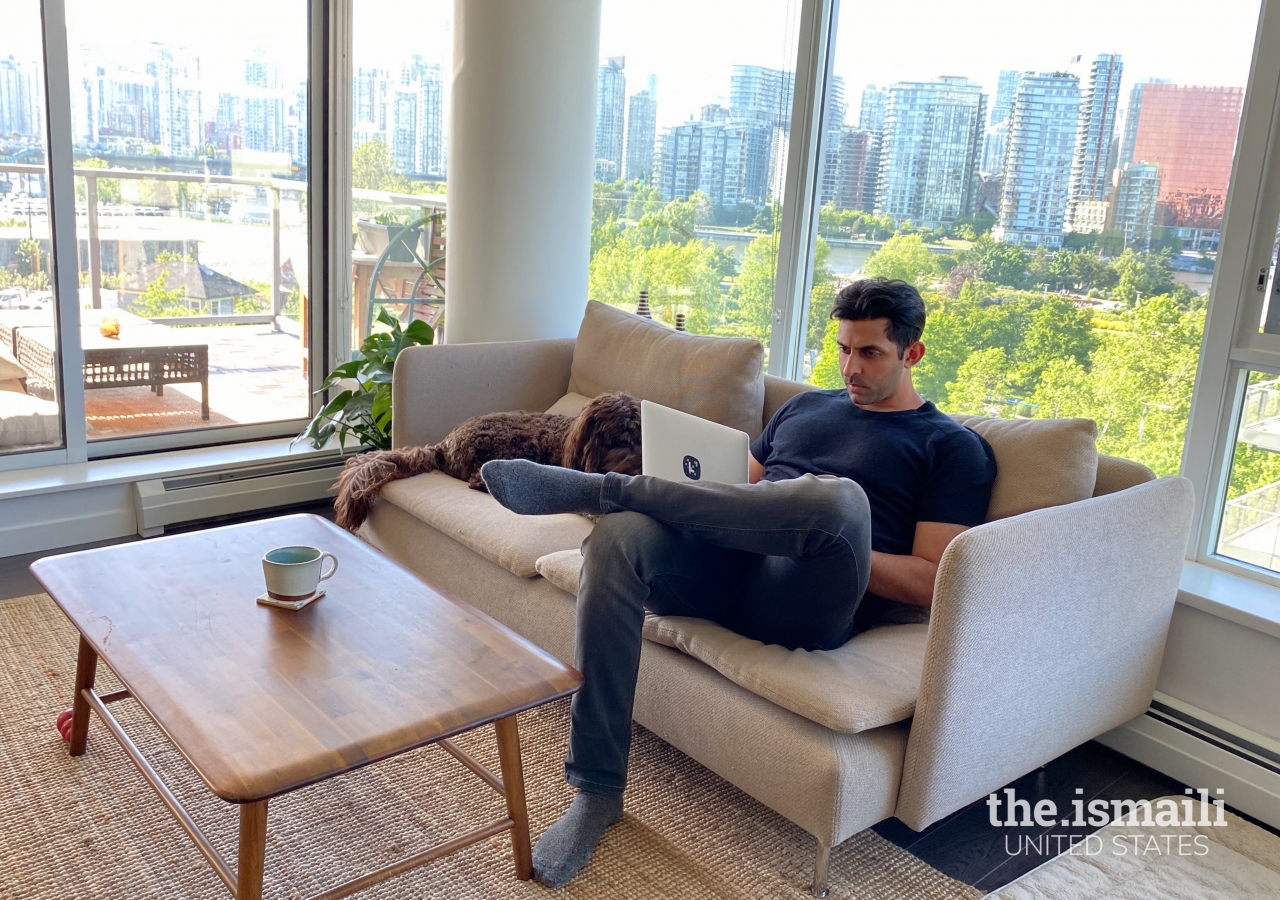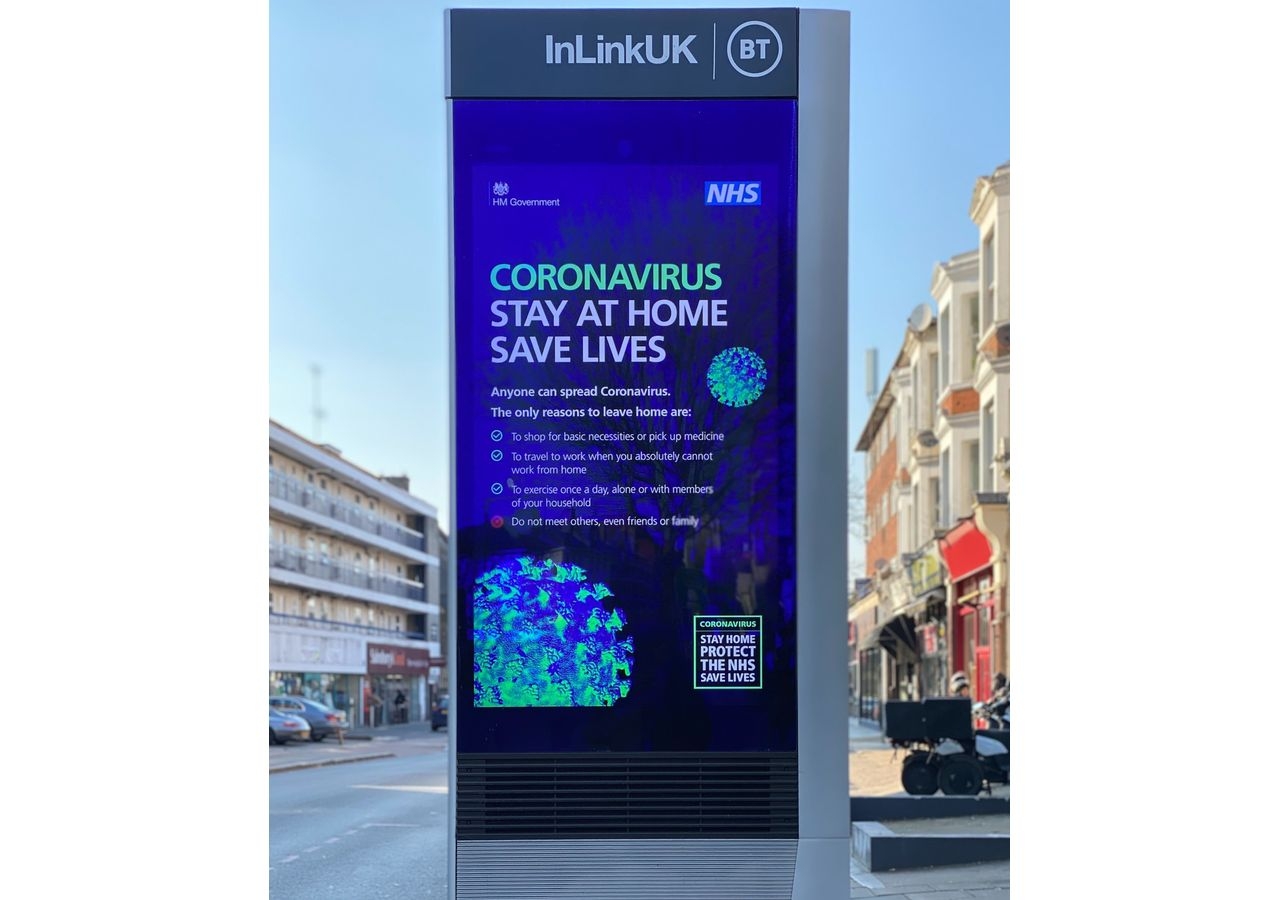As we reflect on the year that just passed, we can agree it was a grim one globally. We watched dismal statistics and commentary that mentioned antibodies, physical distancing, testing, vaccines, remote learning, asymptomatic, aerosols, lockdown, and herd immunity, terms that have taken on a new reality…even surreality. The year will not be remembered with joy but as a low point in our lives.
The damage to humanity that a microscopic virus can achieve has been evident for millennia, from the Athenian plague of 430 B.C. to the 7th-century plague of Amwas in Syria, the Black Death in Europe in the 15th century, and the “Spanish” flu of a century ago. The latter killed an estimated 50 million people. While less severe numerically, with 37 million people infected and over a million deaths, the impact of the coronavirus has had an impact of more global proportions.
No country has been spared, and even the most advanced ones, scientifically and medically, have shown to be incapable of preventing its ravages, including the United States and Europe, where hospitals and healthcare workers have been overwhelmed with patients. The US leads in cases and deaths, not a meritorious accomplishment. “In God, We Trust,” maybe the USA’s motto but that may not be enough in itself to spare the believers if they disregard science and precautions.
Lockdown
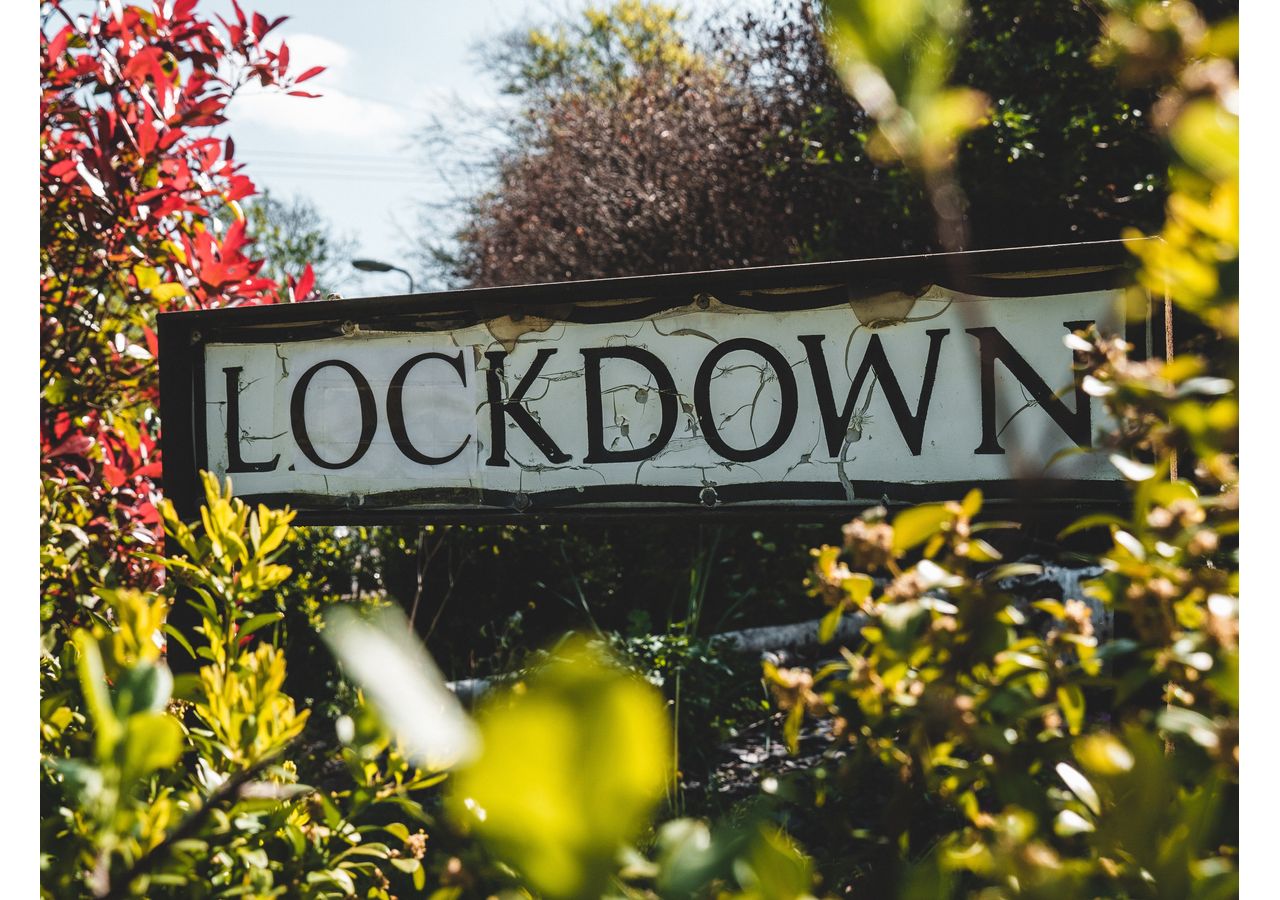
If this global pandemic has underscored anything, it is that this is an interdependent world and how even a microscopic virus can create turmoil in every part of the globe. Stability, progress, and economic growth are not at the forefront of our minds; rather, safety precautions, sanitizing, remote learning, and closures best describe our lives today. Unfortunately, some have not taken this threat seriously enough and do not follow health guidelines diligently, allowing the virus to continue to flood our shores like a microbial tsunami.
Impact on daily life
Man is a social animal, asserted Aristotle, but one wonders if evolution will render us less social if this crisis continues. No longer do we have intimate personal conversations and gatherings with friends and family, or collegial interactions at work or school. The ubiquitous smartphone has become the indispensable mode of communication, and online platforms the preferred way to converse for work or to see loved ones. However, we better appreciate the role that others play in our lives as we struggle to find meaning in our solitude, contemplate the fickleness of life, and the slow passage of time, in a year that has been largely lost. In some cases, we also mourn the loss of family members or friends to the dreaded disease.
“To mask, or not to mask,” Shakespeare might pose as the existential question today. But it is that 4x6 piece of cloth over our mouths that protects us whenever we emerge from self-imposed semi-quarantine. While the onset of the crisis led to stockpiling of food and toilet paper, indicating what humanity considered to be essential products, we are becoming accustomed to avoiding physical contact with others, planning our excursions outside our homes carefully, and exhibiting a new-found concern - if not compulsive behavior - about hygiene. Safety and physical distancing are imperative to contain the virus but social isolation has its own costs in terms of anxiety and depression, especially when compounded by financial insecurity.
Economic impact
The Economist magazine estimates that the pandemic has led to a global reduction in GDP of 8%, more than that of the Spanish flu. In comparison, the 2009 recession shrank the world economy by 5%. Businesses have suffered financially, and this has added to the stress of many families, some of whom have also lost employment income. Life has been disrupted as weddings and funerals are restricted to a few, places of worship and our Jamatkhanas have been closed, restaurants and hotels - indeed the entire hospitality industry - struggles with closures or restricted public access, schools are shuttered, and job prospects for graduates appear bleak, the Dickensian scenario unfolding for many.
World
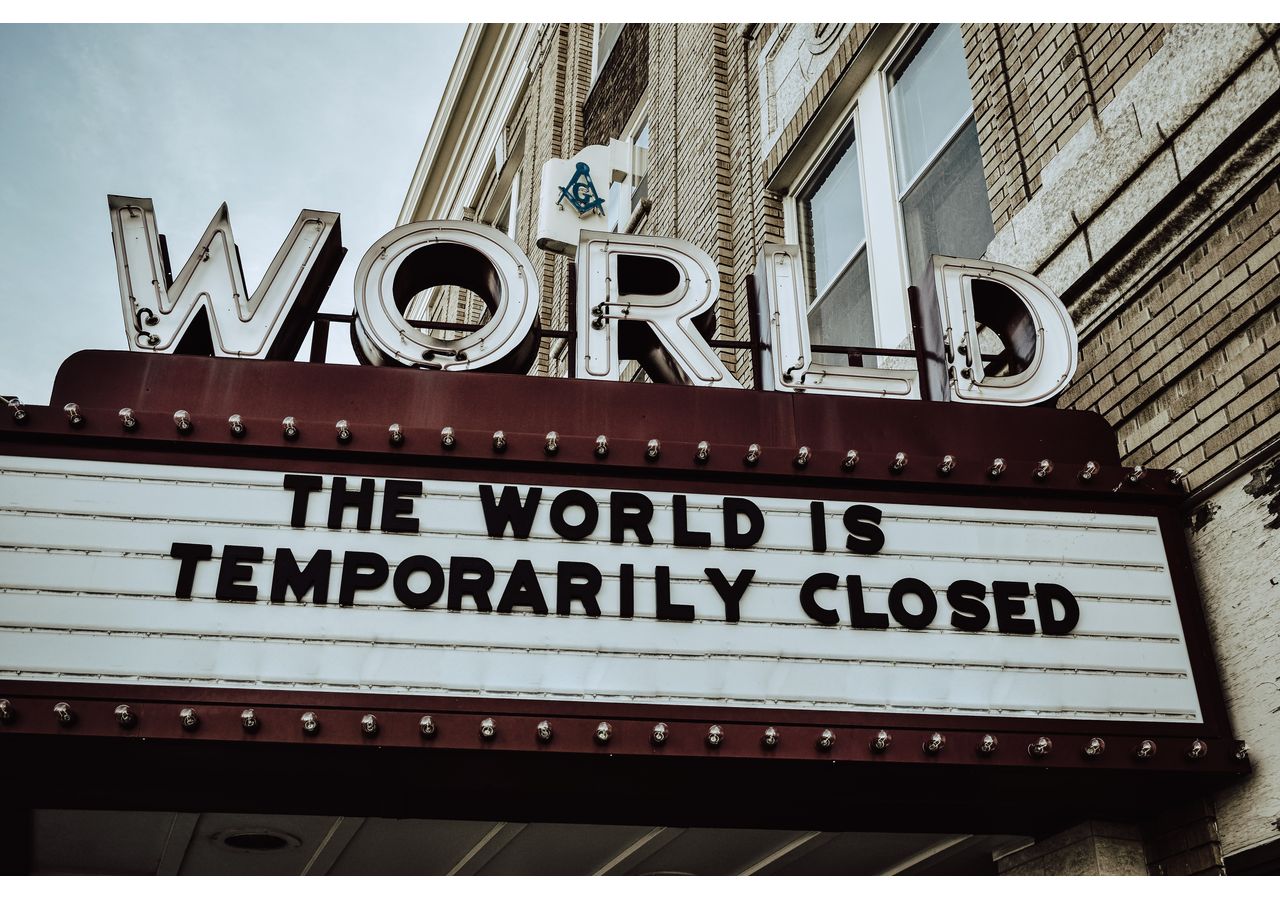
But despite the inequity of infections within different stratas of society, where the less affluent and “essential workers” have been affected the most by the virus and its fallout, some countries have withstood this pandemic better than others, including in East Africa and “down under.”
Economic Portfolio Lead Anil Janmohammad remarks that “In Australia and New Zealand, the virus has been largely contained and the economic recovery is underway. Businesses have adapted to a new way of operating with extensive government support in place for businesses and households.” This is the hope of the rest of the world, where the crisis still lingers.
The stock market may be near all-time highs but there is a likelihood of a recession as many businesses have closed and jobs have been lost. The need to learn new skills and to build for a new future that may include more automation is clear, as the economy will not return to the pre-COVID state. “The key is in not spending time, but in investing it,“ was author Stephen R. Covey’s advice.
Most of those fortunate to be able to work remotely have not missed the daily commute and like the ability to work on a flexible schedule, while being with their families – which has caused its own stresses in many cases, as privacy and concentration can be difficult to achieve. Remote work may be here to stay in some fashion but views differ on this. Says Reed Hastings, co-CEO of Netflix, “Not being able to get together in person, particularly internationally, is a pure negative.”
On the other hand, Amaan Nathoo, Head of Customer Success at Later.com, a Vancouver B.C. company remarks: “I believe many companies will adopt a permanent work from home option,” noting that “Twitter has already moved in this direction…all employees will have the option to be fully remote moving forward, while Google is not far behind, stating that working from home will continue through the end of 2020, regardless of future developments this year.”
Student life
School closures have not only impacted the academic year in many countries but created difficulties for parents who need to supervise them and ensure they are occupied. The Council for India initiated its Virtual Learning Programme as a response, and 250 teachers provided over 4,000 classes for three hours weekly, filling the educational void for almost 1,000 students. Mumbai teacher Sharon Mistry comments on the inequity in educational opportunities, saying: “Children who had good internet and devices were able to attend regularly...Those who didn't have internet or had network issues missed topics and had to do with the resources provided to them.”
COVID TEST

Many Tariqah Boards had to convert to online teaching with India launching RE-Kindle, a Virtual Religious Education Programme, in June, which has since been extended for the entire academic year until March 2021. It is being offered to over 80% of the students across India, with the support of nearly 1,400 teachers. Says Seemeen Patel, the Early Childhood and Primary Academic Lead, “As soon as we realized that Jamatkhanas will be closed for the long haul, we knew we had to retain the connection students shared with their Religious Education teachers and preserve a sense of normalcy in their lives.”
Time and more time
We have become accustomed to apportioning time to structure and managing our lives. Today, many have had to reorient themselves, having lost track of time, as one day rolls into another, often without a plan, making the day of the week irrelevant, as if we are on a long vacation. Time itself seems to be suspended, as past, present, and future coalesce.
On a more personal level, we have had to re-evaluate what is important in our lives, now often measured by what is missing, from long walks in parks or by the beach, to frequent contact with family, even if they are in close proximity, to enjoying an evening out at a restaurant with friends. More significantly, we have realized the role that Jamatkhanas play in our lives, as places of spiritual contemplation, to reaffirm our identity, as well as for social interaction. The Jamati institutions have played an instrumental role during this period by keeping us informed, monitoring our health, and offering entertainment and educational programming.
The Jamat is now excited and re-energized with the hope that vaccines will lead to the reopening of Jamatkhanas. However, there will not be a quick return to pre-COVID times, as the new normal may be very different, requiring changes for which each individual needs to be prepared. We have been told to “build for the future,” and to do so wisely. With the future soon becoming the present, this is the time to re-evaluate our careers, financial situation, anticipate and be prepared for a new world - the post-Corona Age.
As Rumi said, “The Past, the Future, O dear, is from you; you should regard both these as one.”

